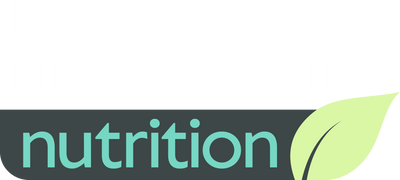OUR HEALTHY OUTSIDE STARTS FROM THE INSIDE
Select a Blog Topic:

How breathing can better improve your health
How to improve stress and overall health through breathing exersices

Bicarb & increased athletic performance
How Bicarbonate of Soda can increase your sports performance and assist with your workout.

Why bicarbonate of soda & your daily health regime
Bicarbonate of soda - the hidden gem in your kitchen pantry!

DIY beauty tips and tricks with bicarbonate of soda
Clever ways to use Bicarbonate of Soda in your daily beauty routine. Bicarb is more than just an antacid!

Benefits of organic silica
Why your supplement regime needs to include organic silica and the benefits to your health

Collagen facts - what is it and what types are there?
Fact about collagen and the different types available

Raising the bar on Soap
Raising the bar on soap, why you need to be concerned about the soap you are using and the harmful effects on your health and the environment.
GET IN TOUCH
Phone: +27 72 725 9703
Whatsapp: +27 72 725 9703
Email: info@healthnutrition.co.za
Location: Johannesburg, South Africa.
Operating Hours
Monday - Friday (08h00 - 17h00)
QUICK LINKS
NEWSLETTER
Sign up to get the latest on sales, new releases and more…
Disclaimer: This website is not a substitute for medical advice. Always consult your doctor or pharmacist.
Copyright © 2025 Health Nutrition (Pty) Ltd. All rights reserved.
Designed & Developed by Awaken Solutions.


